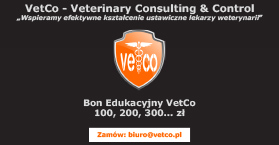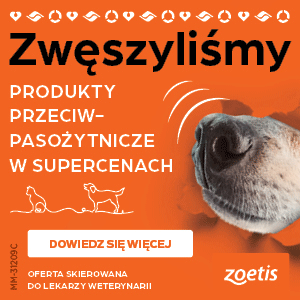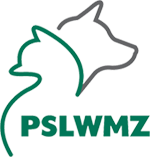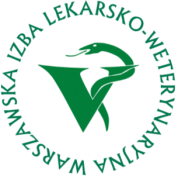Dear Colleague,
Participants of the first Global Conference on Veterinary Education ‘Evolving Veterinary Education for a Safer World’, held in Paris (France) in October 2009, and of the second global conference, held in Lyons (France) in May 2011 as part of the Vet2011 celebrations, supported the OIE (World Organisation for Animal Health –www.oie.int) to define the minimum knowledge that every veterinarian in the world should have as part of his/her initial veterinary education.
Following the work done by the Group of OIE experts on veterinary education, coming from all the continents, I am pleased to attach a copy of the booklet entitled “OIE recommendations on the Competencies of graduating veterinarians (‘Day 1 graduates’) to assure high-quality of National Veterinary Services1”. The listed competencies include the most important expectations of the Society with regard to the veterinary profession and fall under the concept of Global Public Good (e.g. the recognition of infectious diseases, food safety and animal welfare).
For additional information, I refer you to the OIE website (http://www.oie.int/en/support-to-oie-members/veterinary-education), and Resolution No 34 adopted in 2011 by the World Assembly of National Representatives of 178 Member Countries of the OIE (attached for ease of reference).
Further directions of OIE’s ongoing work on the subject of Veterinary Education are mentioned in Resolution No 32 adopted in 2012 (also attached for ease of reference). This work will give more detail on the content of each of the minimum competencies listed.
The demand on competencies toward the veterinary profession can vary in detail from one country to another. That is why the list of minimum competencies covers only part of the contents of veterinary education (initial training) in each country, the other part being linked to local circumstances.
I also remember that the OIE is not intended to audit Education Establishments and that the main objective is to convince the policymakers to apply a high-qualityof (initial) training for the benefit of all veterinarians in the world. For this purpose, the OIE finalizes procedures for twinning of Veterinary Education Establishments in OIE Member Countries to accelerate the desired changes.
Thank you for your ongoing support of OIE’s work in the advancement of global veterinary education.
Sincerely yours,
Bernard Vallat
1 Veterinary Services include official veterinarians and all private veterinarians working on animal health and veterinary public health









